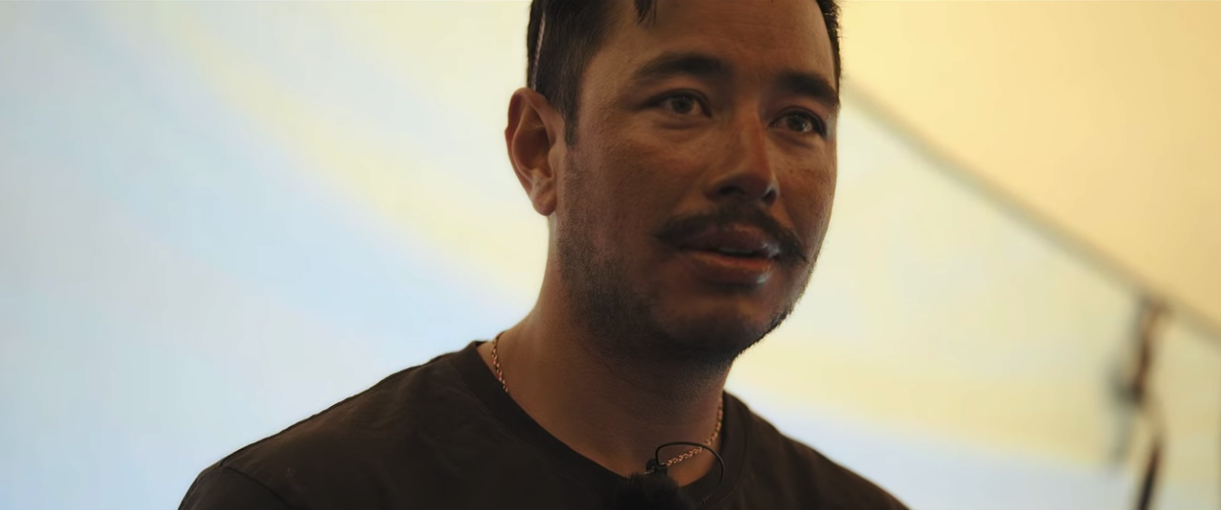I just completed a 4-week class on Sustainable Business Strategy from Harvard Business School / HBS Online as part of a cohort of 398 people from 74 countries — by far the most diverse and international learning environment I’ve ever been a part of.
Case studies and other avenues of investigation included,
Unilever (supply chains, multi-sector coalitions, the business case for human/environmental sustainability {"Business can't succeed in a world that's failing" - Paul Polman"})
Walmart (human resources; "pre-competitive" collaboration; purpose)
Norsk Gjenvinning (a Norwegian waste management company, "jumping the S-curve" to a new strategy and standard of practice — very badass)
King Arthur Flour (employee-owned, B corps, stakeholder value); The business value of "ESG" (Environment, Society, Governance) reporting
Universal Investors (super-scale investors, and their pragmatic need to address systemic environmental/social problems to ensure future success)
Inclusive vs. Extractive Institutions ("extractive" being those that concentrate wealth/power in few/elites)
Barrick Gold in Papua New Guinea: a case study on corporate responsibility and the UN @globalcompact (And I am ashamed/amazed to say that I knew almost nothing about the Global Compact before this course, despite 4 years of work w UN in almost exactly that same problem space — sheesh! Lifelong learning FTW!)
Some inputs and perspectives from various members of the Harvard Business School / Kennedy School faculty, including, poignantly, Marshall Ganz
And, hah, frequent guest appearances from The Tragedy of the Commons and the Prisoner's Dilemma, who were ever present as an explanation for why cooperation is both necessary, and (sometimes) challenging.
in the online context and with such a large/diverse international cohort, I wished the cases and voices were less about US and European firms, laws, and institutions and more about the thinking and methods of actors in different contexts. Though understanding the potential leverage of companies like Unilever and Walmart is essential, I feel that we missed an opportunity to train ourselves to learn from the 6 billion people and millions of firms and initiatives that exist outside the Western Establishment Business and Academic Bubble (WEBAB?!).
LOL this is starting to sound like a book review, which is not my intention. I’m really just processing here…
I'm left with a much deeper appreciation for the business value — the absolute necessity — of "doing good", and for the profound importance of multi-stakeholder efforts (gov, biz, civil society, culture, "the people") for driving change.
Kudos to Rebecca Henderson, the professor, architect, and soul of the course. I didn’t expect to cry at the end of a business strategy class, but I did. Here are Rebecca Henderson’s final remarks.








